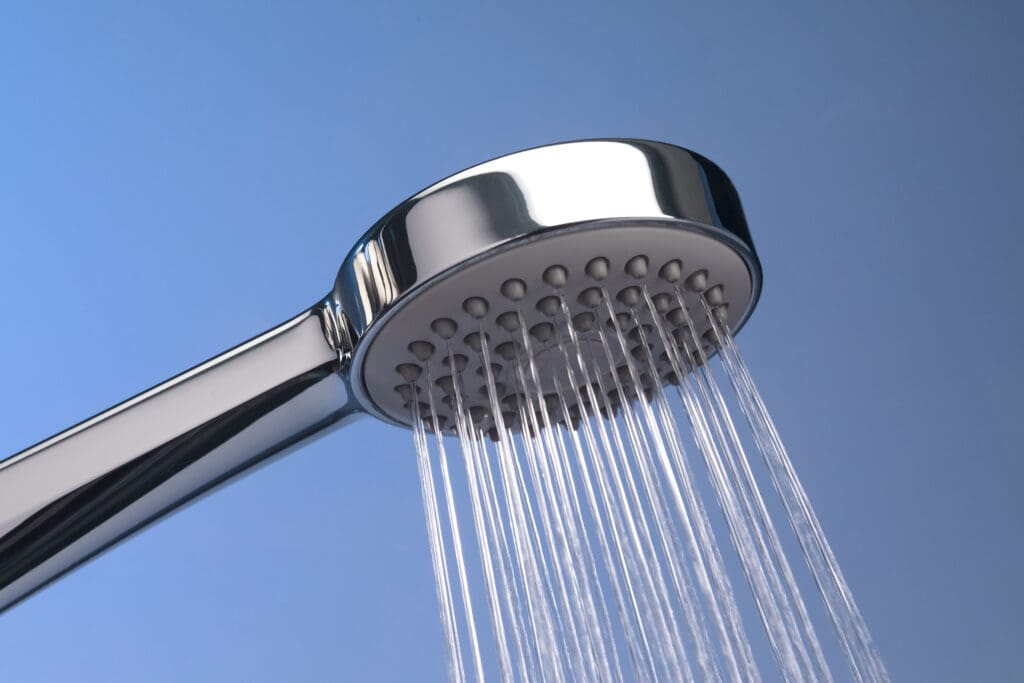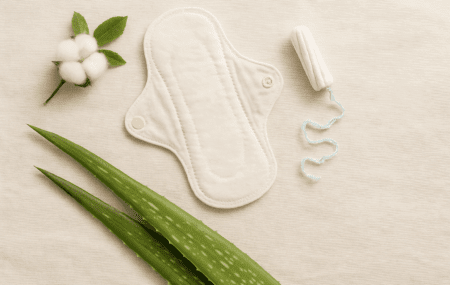
The Fiqh of Ghusl
Understanding ghusl is a key part of worship, especially for Muslim women navigating menstruation, intimacy, childbirth, and other religious acts. If you’ve ever felt unsure or overwhelmed, know that you’re not alone. This brief guide is here to support you, so you can approach your prayers and acts of worship with confidence.
May Allah ﷻ bless us with beneficial knowledge and guide us to apply it with sincerity and wisdom.
What Is Ghusl?
The word ghusl (غُسْل) means ‘washing’. In Islamic practice, it refers to a full-body ritual bath that removes major ritual impurity (janābah). This state prevents acts like prayer, touching the muṣḥaf, or making ṭawāf. “O you who believe! If you are in a state of janābah, purify yourselves.” (Qur’ān, 5:6)
In Islam, cleanliness is half of faith. As Allah ﷻ tells us in the Qur’ān: “Indeed, Allah loves those who are constantly repentant and those who purify themselves.” (Qur’ān, 2:222) Ghusl is a reset. Islām teaches us that the body is an amānah, a trust from Allāh ﷻ. Through ghusl, we honour that trust by tending to it, cleaning it and preparing it for worship.
When Is Ghusl Farḍ (Obligatory)?
Ghusl becomes compulsory (farḍ) in the following cases:
- After sexual intercourse, even without ejaculation
- After ejaculation with orgasm (even during sleep)
- After menstruation (ḥayḍ) ends
- After postpartum bleeding (nifās) ends
- Upon death, when preparing the deceased for burial
When Is Ghusl Sunnah (Recommended)?
Ghusl is recommended (sunnah) in the following cases:
- Before Jumuʿah (Friday prayer)
- Before the ʿĪd prayers
- When entering iḥrām for Ḥajj or ʿUmrah
- On the Day of ʿArafah during Ḥajj
- When someone embraces Islam (considered obligatory by some scholars)
- After washing a deceased person
How to Perform Ghusl (Step-by-Step)
All four madhāhib (schools of thought) agree on the essentials: water must reach every part of your body. Here’s a step-by-step guide that includes both the obligatory acts, emphasised and the recommended (sunnan).
- Begin with Bismillāh and intention (recommended).
- Wash your hands up to the wrists three times.
- Remove any visible impurities from the body.
- Wash your private parts.
- Perform a full wuḍūʼ, including rinsing the mouth and nose.
- Pour water over the head three times.
- Pour water over the right side of the body three times.
- Pour water over the left side three times.
- Use your hands to guide water into all skin folds, hair roots, and hard-to-reach areas.
Note: If standing in pooled water, wash your feet last. Ghusl will also be valid as long as all of its obligatory components have been performed, even if all the sunnah actions have been omitted.
Differences Between the Schools
| School | Key Points |
| Ḥanafī | Rinsing the mouth and nose is farḍ. Intention is recommended but not required. |
| Shāfiʿī | Intention is farḍ. Water must reach every hair and fold of the body. |
| Mālikī | Emphasises rubbing and continuity. Mouth and nose are not farḍ. |
| Ḥanbalī | Similar to Ḥanafī, but includes intention as a condition. |
Each madhhab is grounded in sound scholarship and authentic evidence. Follow the school you trust, or seek guidance from a qualified teacher if you’re unsure.
Frequently Asked Questions
What if my bleeding continues after 40 days (nifās) or 10–15 days (ḥayḍ)?
Once the maximum time limit passes, any ongoing light bleeding is treated as istiḥāḍah (non-menstrual bleeding). You should perform ghusl and resume ṣalāh. If the bleeding stops earlier, ghusl should be done immediately at that point.
Do I need to unbraid my hair?
No. A woman does not need to undo her braids as long as water reaches the roots of her hair. This is based on the narration of Umm Salamah (ra), who said: “I said: O Messenger of Allah, I am a woman who tightly braids her hair. Should I undo it for the ghusl of janaba (ritual impurity)? He said: ‘No, it is sufficient for you to pour three handfuls of water over your head and then pour water over the rest of your body, and you will be purified.’” [Muslim]
What about piercings or rings?
Gently twist or rotate earrings, nose rings, and rings so that water reaches the skin beneath. Don’t forget behind the ears, under nails, and inside the navel.
Are there ḥadīths about women’s ghusl?
Several authentic aḥadīth show us how the Prophet ﷺ addressed women’s questions about ghusl. These serve as a reminder that learning about our bodies is part of our dīn, and that seeking knowledge is an act of worship.
Umm Salamah (RA) said: “Umm Sulaim came to the Prophet and asked him about a woman who sees in her dream something like a man sees. He said: ‘Yes, if she sees water (discharge), let her take a bath.’” (Ibn Majah)
In another narration, an Anṣārī woman asked the Prophet ﷺ how to perform ghusl after menstruation. He said, “Take a piece of cloth scented with musk and clean yourself with it.” ʿĀʾishah (RA) gently pulled the woman aside and explained what he meant: “Rub the place soiled with blood with it.”. (Bukhārī)
ʿĀʾishah (RA) also described how she once got her period during the Prophet’s ﷺ Farewell Ḥajj. She had entered the state of iḥrām intending to perform ʿUmrah as part of her Tamattuʿ Ḥajj, but she began menstruating and wasn’t able to complete the rites. She told the Prophet ﷺ, “It is the night of ʿArafah and I still haven’t completed ʿUmrah.” He instructed her to undo her hair, comb it out, and delay her ʿUmrah until after Ḥajj. When the pilgrimage was complete, he sent her with her brother to perform ʿUmrah from al-Tanʿīm. (Bukhārī)
A Final Word
The Prophet ﷺ said: “Purity is half of faith.” So take your time to learn. Ask the questions that feel awkward. Teach your daughters. And if you’re learning all over again, know that there’s no shame in that either. There is no shame in caring for your body with intention. And there is nothing small about preparing to stand before your Lord.
If you have specific or unique questions, please do consult a trusted Islamic scholar. May this guide be a start in helping you navigate worship with peace and certainty.

